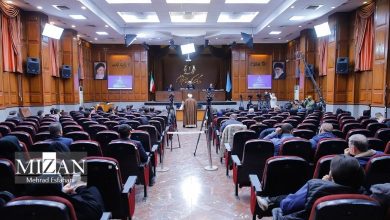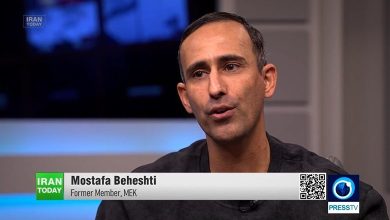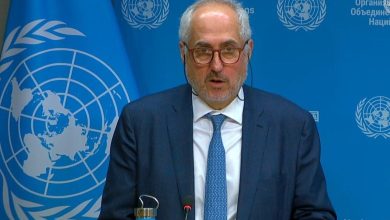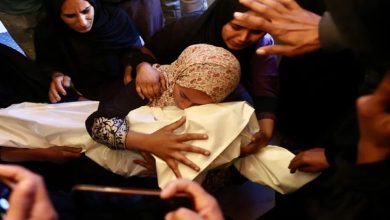Association for Defending Victims of Terrorism – The Human Rights Council opened its fifty-fifth regular session, hearing statements from the President of the General Assembly, the United Nations Secretary-General, the United Nations High Commissioner for Human Rights, and the Head of the Federal Department of Foreign Affairs of Switzerland.
Omar Zniber, President of the Human Rights Council, called on the Council to observe a minute of silence in the memory of all victims of human rights violations worldwide. Issues of food security and the climate crisis lay at the heart of the Council’s concerns. The fifty-fifth session was the longest since the Council’s creation. Its main objective needed to be achieving concrete progress in the field of human rights. Mr. Zniber called on all stakeholders to contribute to this goal.
Dennis Francis, President of the seventy-eighth session of the General Assembly, said it was deeply concerning that human rights were under grave and increasing threat around the world. Conflicts and climate impacts had left a staggering 300 million people in dire need of humanitarian assistance, some 114 million of them being refugees and other displaced peoples. The United Nations needed to use its commanding platforms to speak out in the demand for an immediate humanitarian ceasefire in the Gaza Strip and for the opening of corridors to render urgently needed assistance and care to the 1.5 million displaced and unhoused Palestinians.
António Guterres, United Nations Secretary-General, said the world was becoming less safe by the day. The Security Council’s lack of unity on Russia’s invasion of Ukraine, and on Israel’s military operations in Gaza following the horrific terror attacks by Hamas on 7 October, had severely undermined its authority. The Council needed serious reform to its composition and working methods. Mr. Guterres repeated his call for a humanitarian ceasefire and the immediate and unconditional release of all hostages in Gaza.
Volker Türk, United Nations High Commissioner for Human Rights, said the Council had entered into session at a time of seismic global shocks. The pain and the slaughter of so many people in the Middle East, Ukraine, Sudan, Myanmar, Haiti and other places around the world were unbearable. Human rights were the only essential guarantees anchoring societies during turbulence and disarray. The United Nations was uniquely equipped to enable States to discuss and resolve pressing global issues.
Ignazio Cassis, Head of the Federal Department of Foreign Affairs of Switzerland, said democracy had regressed to the level of the mid-1980s. The international community had a responsibility to stop this negative dynamic. This year, 2024, was an important test for democracy: elections were scheduled in more than 64 countries. Half of the world’s population were called to the polls. Many citizens would be called upon to make use of their right to information, freedom of speech and possibility of peaceful assembly. The United Nations must ensure the protection of civic space and fair and free elections.





